White Heat (1949)
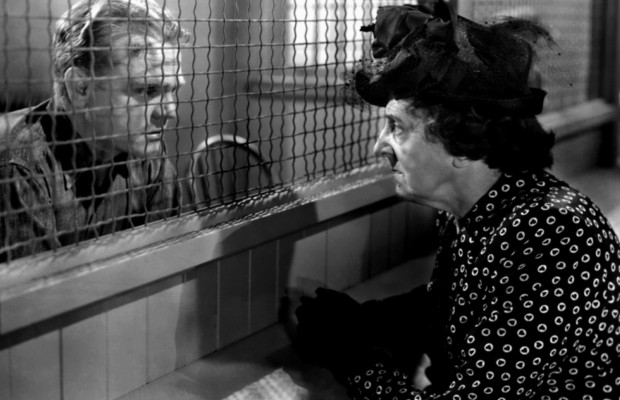
Toronto Film Society presented White Heat (1949) on Sunday, February 14, 1982 in a double bill with The Big Sleep as part of the Season 34 Sunday Afternoon Film Buffs Series, Programme 8.
Production Company: Warner Bros. Producer: Louis F. Edelman. Director: Raoul Walsh. Screenplay: Ivan Goff, Ben Roberts; based on the story by Virginia Kellogg. Art Director: Fred m. Maclean. Assistant Director: Russell Saunders. Music: Max Steiner. Orchestrator: Murray Cutner. Costumes: Leah Rhodes. Makeup: Perc Westmore, Eddie Allen. Sound: Leslie Hewitt. Special Effects: Roy Davidson, H.F. Koenkamp.
Cast: James Cagney (Arthur Cody Jarrett), Virginia Mayo (Verna Jarrett), Edmond O’Brien (Hank Fallon – Alias Vic Pardo), Margaret Wycherly (Ma Jarrett), Steve Cochran (Big Ed Somers), John Archer (Phillip Evans), Wally Cassell (Cotton Valetti), Fred Clark (Daniel Winston–the trader), Ford Rainey (Zuckie Hommell), Fred Coby (Happy Taylor), G. Pat Collins (Herbert the Reader), Mickey Knox (Het Kohler), Paul Gilfoyle (Roy Parker).
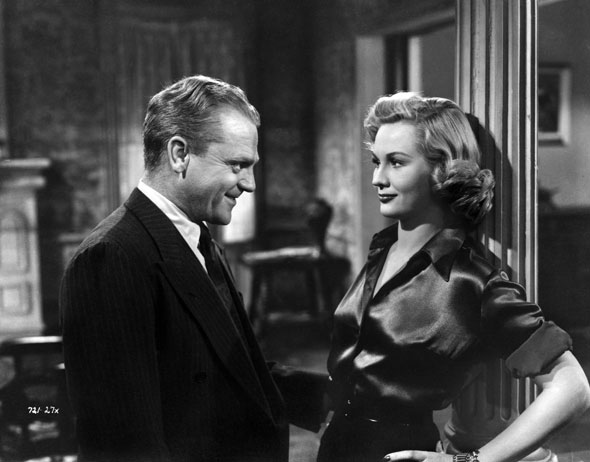
James Cagney had specialized in playing cocky, pugnacious little tough guys in an affecting and oddly appealing manner. He played this kind of character so well that the public tended to believe that what they were seeing was the real Cagney personality. But Cagney was a keen-minded business man, rather scholarly and a superb actor.
He left Warner Brothers complaining of the “blood baths” he was asked to perform in. His five year deal with United Artists had not been a success. In 1949 Cagney signed another contract with Warners. It was ironic that his first role upon returning was his most maniacal and homicidal White Heat‘s crazed Cody Jarrett. White Heat is, in fact, a summation of all the Cagney-Warners crime films and far superior to any of them. His role as a vicious crook is more dangerous and complex than any he had played in the thirties.
Jarrett is a psychotic personality, abnormally attached to his mother and mistrustful of anyone else, including his wife. Cagney’s devotion and attachment to his mother is a focal point of the plot. Cagney’s mother is not only his maternal relative, but also his friend and aide. Their relationship, simple and wholesome enough to compel incessant hugs and kisses before the camera, is almost a fanatical affection. Ma Jarrett synthesized all the ‘best’ character traits of Cagney’s woman, producing a female who is strong (manly) and motherly. Cagney’s Freudian-like mother fixation in White Heat is never so overt as at the screaming finale–Cody howling “Made it, Ma! Top of the World”–with its perverted salute to the sway of motherhood.
White Heat gives the sense of being a one-man show–Cagney’s. But the power and effectiveness of the movie as a whole does not depend on a solitary virtue. Raoul Walsh, a most underrated director, kept Cagney on the move as they review every development of the criminal film since the war. Walsh was attracted to the Ivan Goff and Ben Roberts script because of his continued interest in variations of the gangster theme. Walsh never did straight-forward gangster narratives; The Roaring Twenties treated the gangster as a historical phenomenon of the prohibition era and High Sierra saw the gangster as the last true individualist. As previously mentioned, Walsh opted for some basic psychology, the gangster as a “mama’s boy”.
With Raoul Walsh’s direction, White Heat in theme and style is a throwback to an earlier time, a remake of the attempts to revitalize the gangster film in the late thirties. The film also showed the gradations of style Cagney could bring to a gangster role.
References: James Cagney by Andrew Bergman, 1973; Gangsters from Little Caesar to the Godfather by John Gabree, 1973; Cagney the Actor as Auteur by Patrick McGilligan, 1979; Dreams and Dead Ends by Jack Sladoian, 1977.

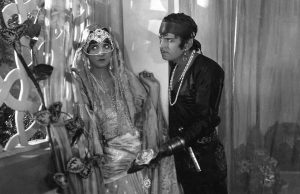
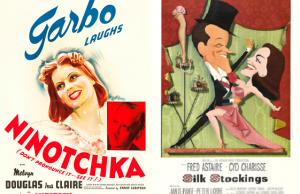
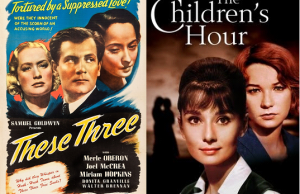






Leave a Reply